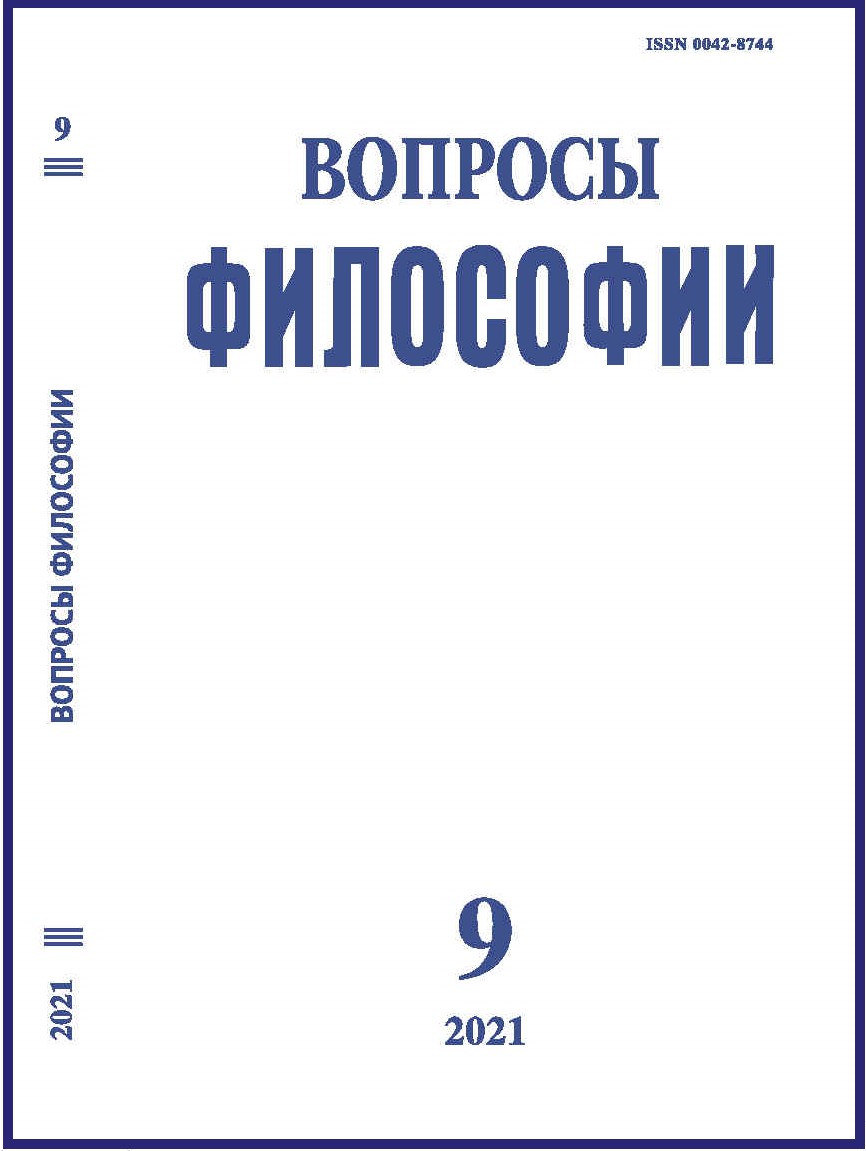Christianity in Middle-Earth: St. Augustine and J.R.R. Tolkien
DOI:
https://doi.org/10.21146/0042-8744-2021-9-184-193Keywords:
Tolkien, original sin, evil, fall, christian ethics, grace, free willAbstract
The article is devoted to the analysis of motives and ideas in the epics of J.R.R. Tolkien, which he borrows from the texts of Augustine and from the texts of the Augustinian tradition. Main thesis of the paper is that the theological aspects of Tolkien’s “Middle-earthic” works are close to the ideas that Augustine asserts in his writings. Tolkien’s and Augustine’s opinions are similar on many central Christian issues, such as the problem of the relationship between free will and grace, the problem of the relationship between good and evil, the problem of the Fall and the problem of sin. For example, for Augustine, as for Tolkien, the fall is a consequence of the free will of an intelligent being who wants to take a higher place in the Hierarchy of Creation. This desire is called “pride” by both Augustine and Tolkien; for them pride is the mother of all subsequent vices. Both Augustine and Tolkien call the creatures that have taken possession of vice “evil”, but evil itself in the writings of Augustine, as in the writings of Tolkien, is not an essence. Evil “parasitizes” on the created, which is originally good, and destroys it. Evil for Tolkien and Augustine is non-being, the denial of being. These individual aspects form the basis of the worldview systems of Augustine and Tolkien; therefore, they are given a special place in our article.

